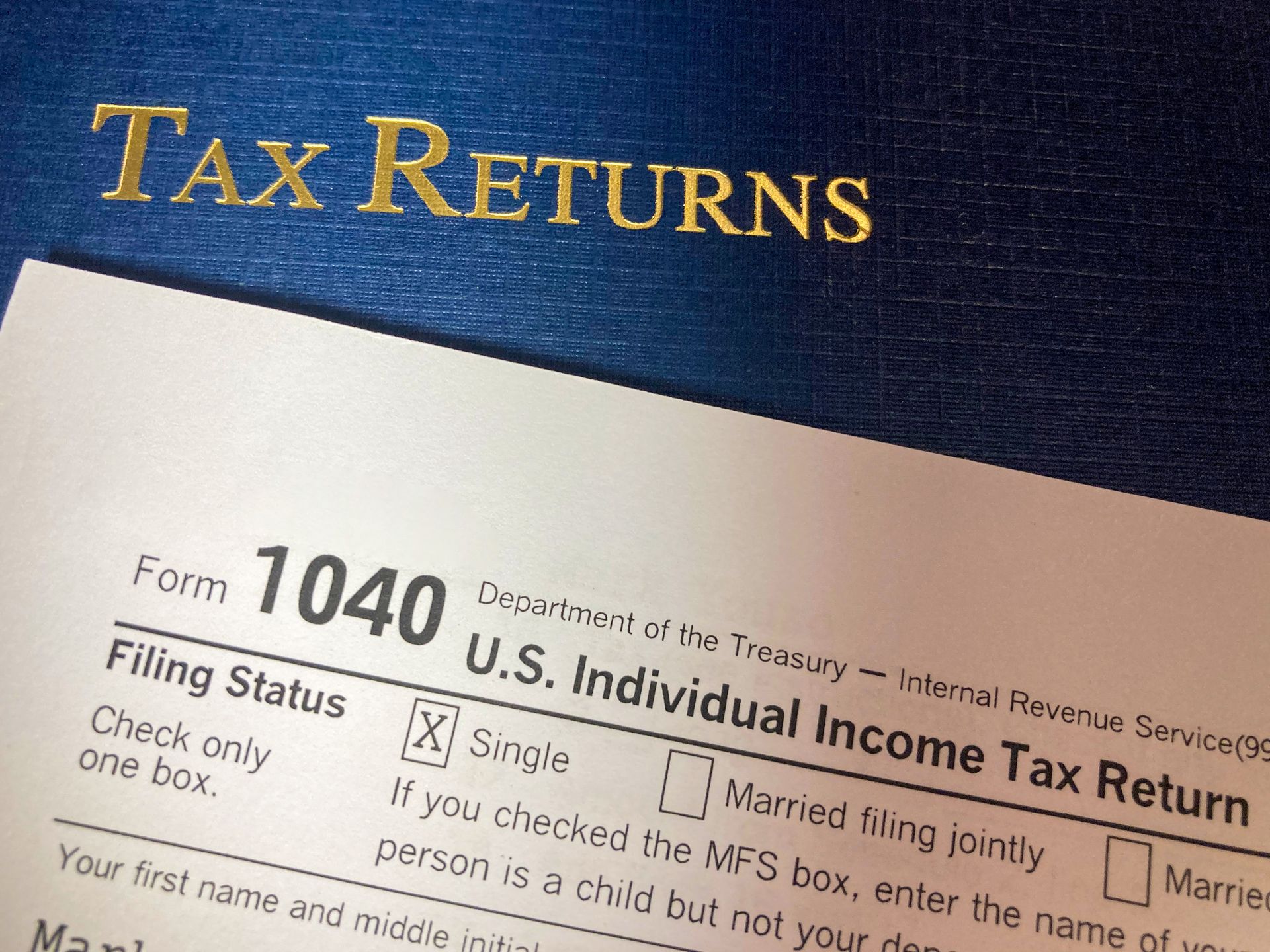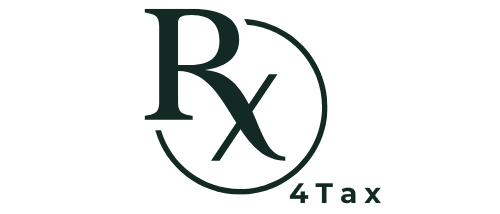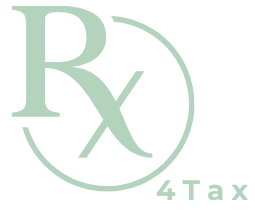Problems Raised in Accountancy by COVID
Problems raised in accountancy by COVID-19 what this means for your tax professional.
For me and many others, the workload increased ten-fold during COVID for a multitude of reasons. Not only did the workload increase but also, in some ways, it grew more awkward to conduct. A primary example of the latter can be seen in relation to our more seasoned clients who had been with us for over 30 years. Many of these old-school types had neither the technical know-how, nor the desire to learn how to scan and email their tax documents to us. And who can blame them, it was not their responsibility to do so. As such, it became difficult for such clients to drop their tax documents into the office when all of our accountants were required to switch to a system of remote working. This, however, was an easier problem to solve as accountants could be sent to the office to work if they declared themselves an ‘essential worker’.
However, many of the problems posed by COVID were not nearly so easy to solve. No longer than a week after the announcement of the global pandemic, the White House asked Congress to send direct financial assistance to all Americans. On March 27, 2020, President Trump signed the CARES Act mandating $2.3 trillion to be distributed throughout the US population via a series of stimulus checks. Adults would receive cheques to the value of $1,200 whilst children were assigned $500. Furthermore, unemployment was boosted to $600 weekly and early withdrawals from 401(k) plans were waived. Whilst this was a seemingly simple measure to protect American citizens from financial struggle to some degree, it caused a national headache for accountants for reasons that will be explored in greater depth in the following blogs.











